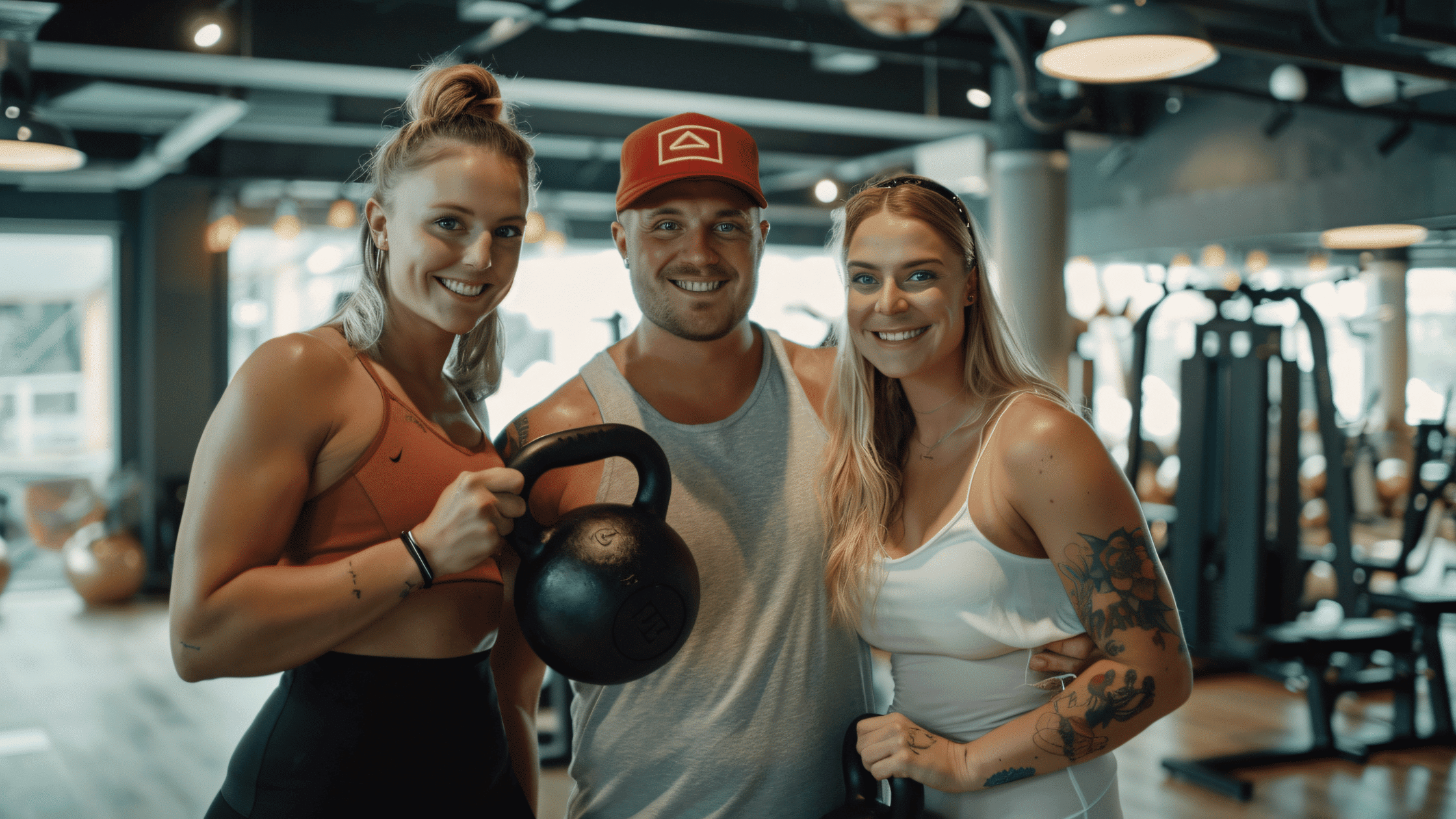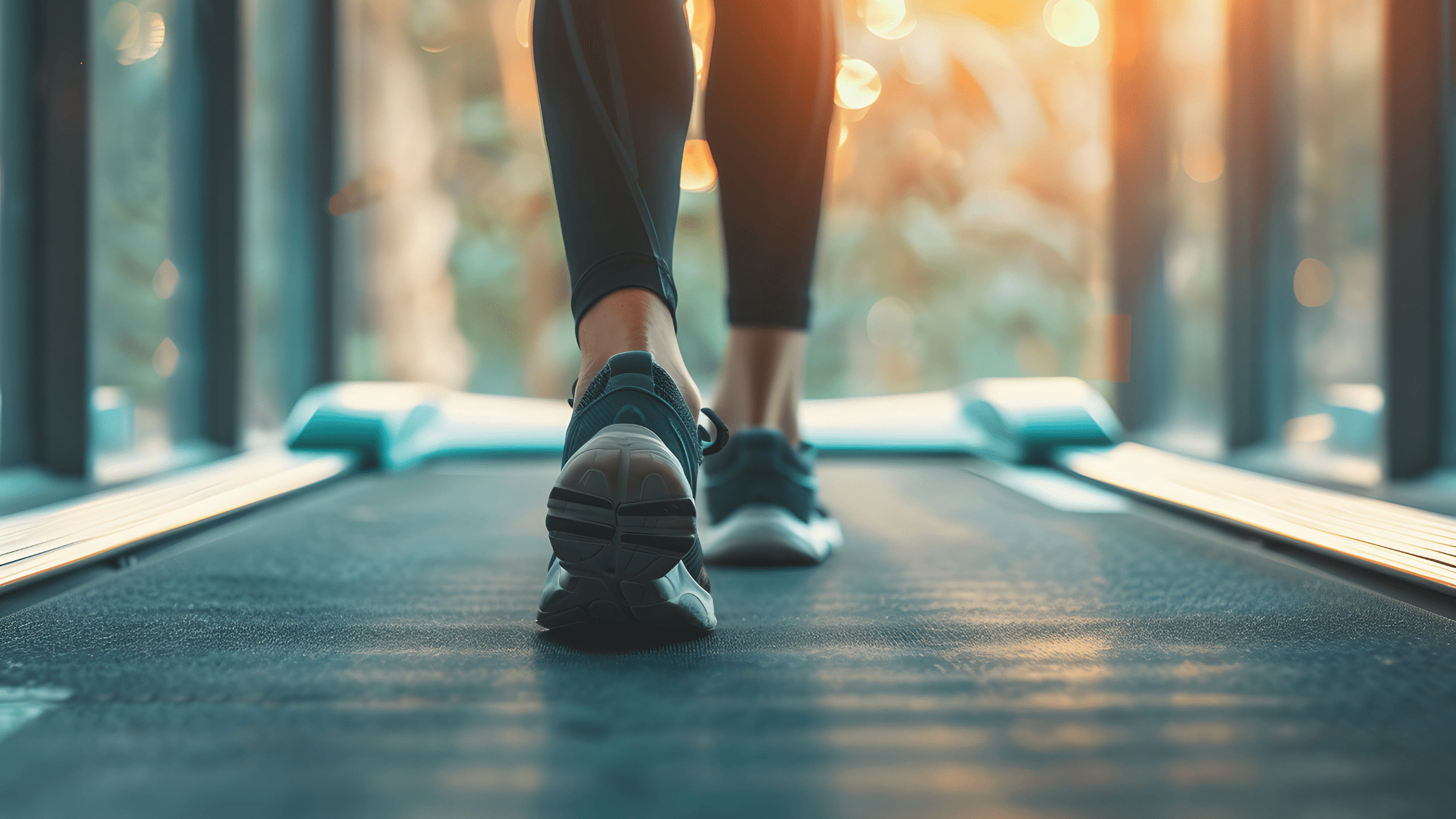Starting a fitness journey can feel daunting, but it’s a rewarding path to a healthier lifestyle. Whether you aim to lose weight, improve overall health, or feel better daily, these tips are designed to help you take that crucial first step. This guide will get you started on the right foot by incorporating practical advice and actionable steps.
Understanding the Importance of Starting a Fitness Journey
Fitness is more than just working out; it’s about adopting a lifestyle that promotes physical and mental well-being. For beginners, the key is to take small, manageable steps that lead to sustainable habits. Remember, every fitness enthusiast started where you are now—what matters is that you’re ready to begin.
Our Top 10 Fitness Tips for Beginners Just Starting Out
Tip 1: Set Realistic Goals
Setting achievable goals is critical to maintaining motivation and seeing progress. Use the SMART approach to create Specific, Measurable, Achievable, Relevant, and Time-Bound goals.
For example, instead of saying, “I want to get fit,” set a goal like “I want to jog for 20 minutes without stopping within two months.” Track your progress and adjust goals as needed to stay engaged and encouraged.
Tip 2: Start Slow and Build Up Gradually
Overexerting yourself can lead to burnout or injury. Begin with low-intensity workouts and gradually increase the intensity. This principle, progressive overload, helps your body adapt to growing challenges.
Start with a simple plan:
- Week 1-2: Walk for 20 minutes three times a week.
- Week 3-4: Add 5 minutes to each session and increase walking speed.
- Week 5-6: Alternate between walking and jogging.
Listen to your body and take rest days seriously to allow muscle recovery.
Tip 3: Find Activities You Enjoy
Enjoying your workouts ensures you’ll stick with them. Experiment with different activities to find what you love: running, swimming, yoga, or dancing.
Personal stories can be inspiring. For instance, Jane discovered a passion for hiking, which kept her motivated. Look for local groups or classes to join—it’s a great way to stay active and meet new people.
Tip 4: Stay Consistent
Consistency is key to long-term success. Make fitness a part of your daily routine. Understand the psychology behind habit formation; it takes time, but forming a routine is crucial.
Plan your workouts and set reminders. Overcome obstacles by being flexible—if you miss a morning workout, fit it in later in the day. Accountability partners or support groups can also help keep you on track.
Tip 5: Focus on Form
Proper form prevents injuries and maximizes workout effectiveness. Learn the right way to perform exercises like squats and push-ups.
Visual guides or videos can be beneficial. Resources like reputable YouTube channels or fitness apps provide detailed instructions and demonstrations to ensure you’re doing exercises correctly.
Tip 6: Incorporate Strength Training
Strength training is essential for overall fitness. It boosts metabolism, supports bone health and reduces injury risk. Begin with simple exercises like bodyweight squats, lunges, and push-ups.
A basic full-body routine might include:
- Three sets of 10 squats
- Three sets of 10 push-ups
- Three sets of 10 lunges
Remember, strength training won’t make you too bulky—it’s a common misconception.
Tip 7: Mix Up Your Workouts
Variety prevents boredom and plateaus. Incorporate different types of workouts like cardio, HIIT, and pilates.
For example, mix running with yoga sessions or add strength training to your cardio routine. This keeps your workouts exciting and challenges different muscle groups.
Tip 8: Stay Hydrated and Eat Well
Nutrition and hydration are crucial in fitness. Drink plenty of water, especially before and after workouts. A balanced diet supports your energy levels and recovery.
Increase protein intake for muscle repair, and eat more vegetables for essential nutrients. Breakfast smoothies, lean proteins, and whole grains make balanced, nutritious meals.
Tip 9: Listen to Your Body
Pay attention to what your body tells you. Rest and recovery are just as important as the workouts themselves. Signs of overtraining can include persistent soreness, fatigue, and mood swings.
Incorporate rest days into your routine and practice mindfulness to manage stress. Listening to your body ensures sustainable progress and prevents burnout.
Tip 10: Seek Professional Guidance
Working with a personal trainer or fitness coach can provide personalized advice and accountability. They can help you set realistic goals, improve form, and stay motivated.
Find a professional who understands your needs and preferences. Many trainers offer free consultations to find the right fit for you.
Final Thoughts
Starting a fitness journey is an empowering decision. You’ll build a healthier lifestyle by setting realistic goals, staying consistent, and listening to your body. Remember, progress takes time and every small step counts.
Stay motivated and committed to your fitness goals. If you want more insights and tips, subscribe to our newsletter. Here’s to a healthier, fitter you!



